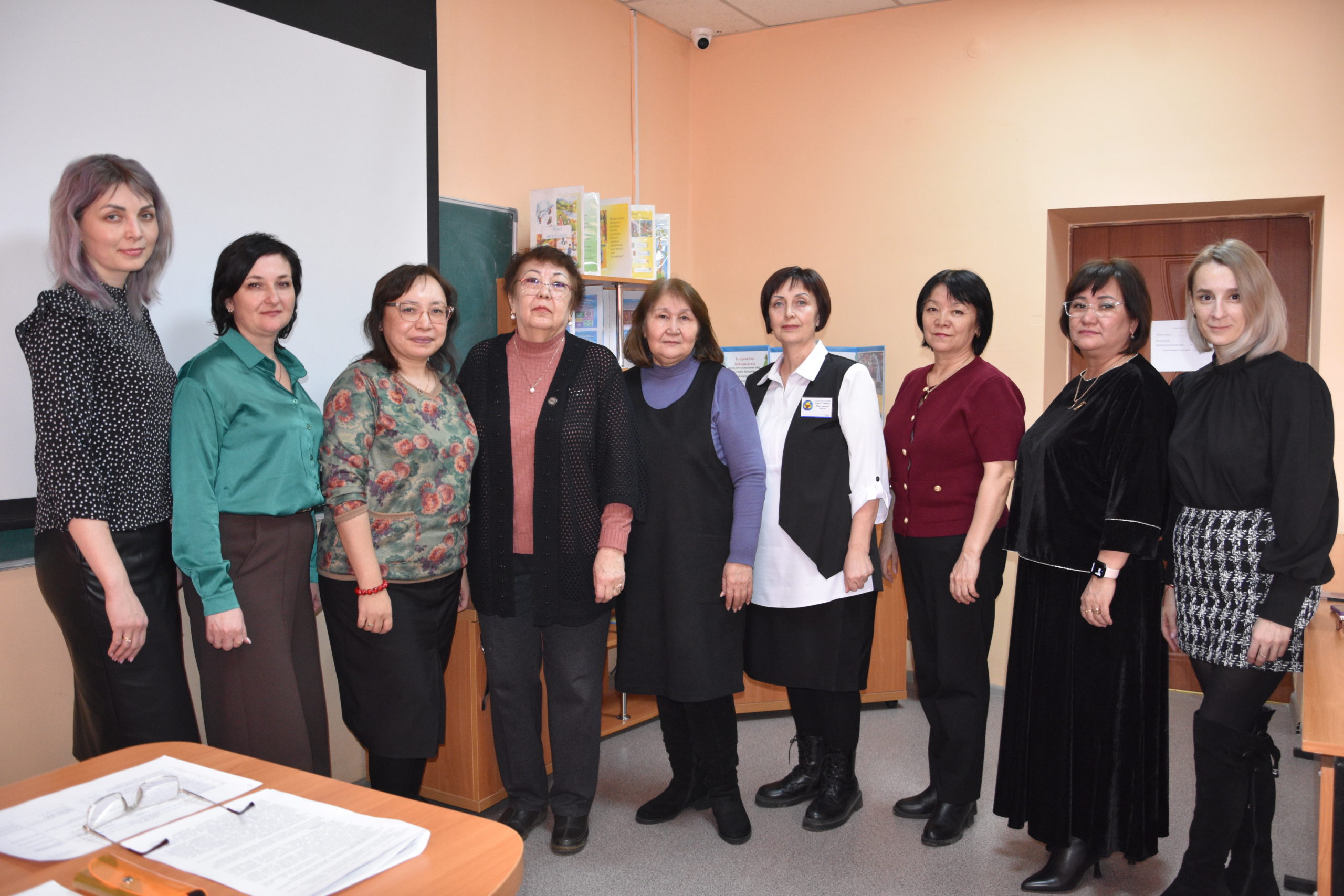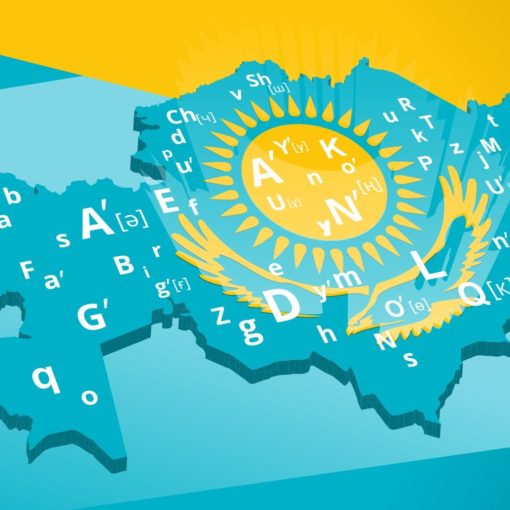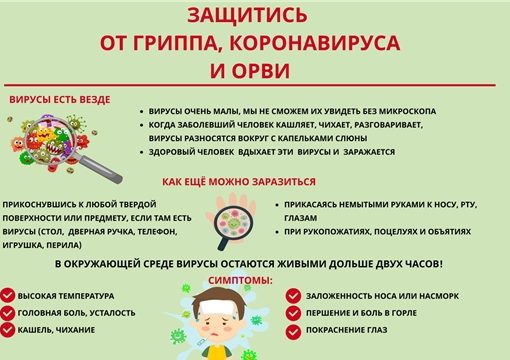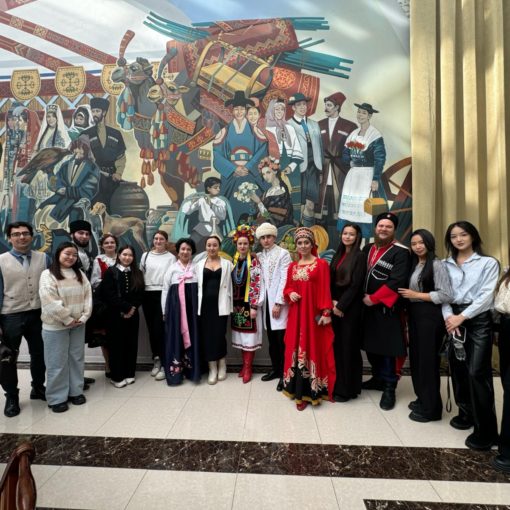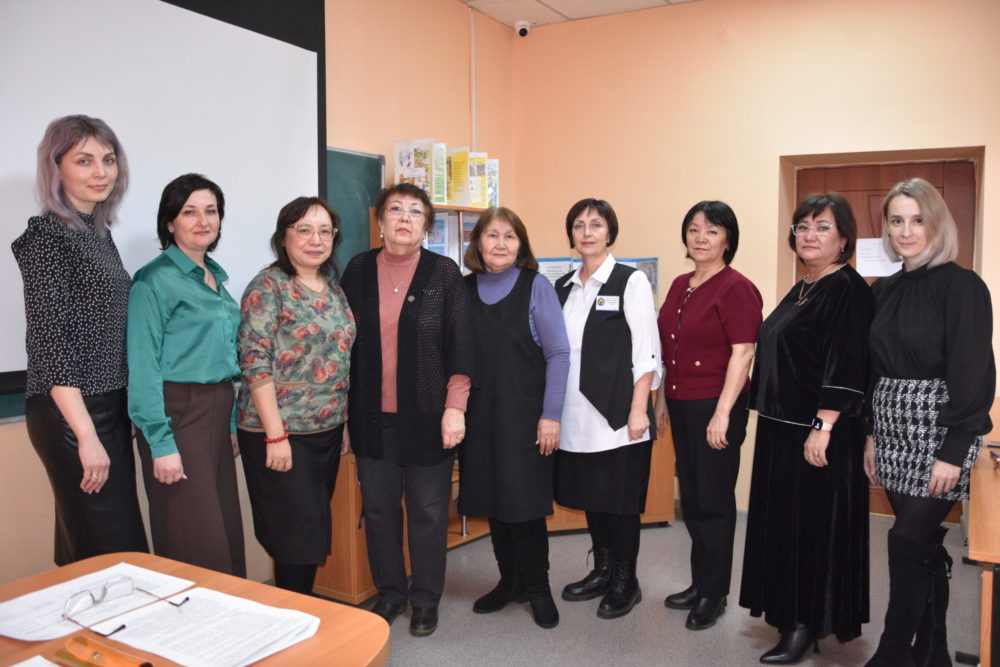
On March 3, 2025, the Academy hosted a meeting of the Academic Committee on the educational program 6B01201 “Preschool education and upbringing”. It was attended by members of the academic committee, experts and students. The meeting actively discussed the most important issues related to the improvement of the educational program and the development of preschool education in general.
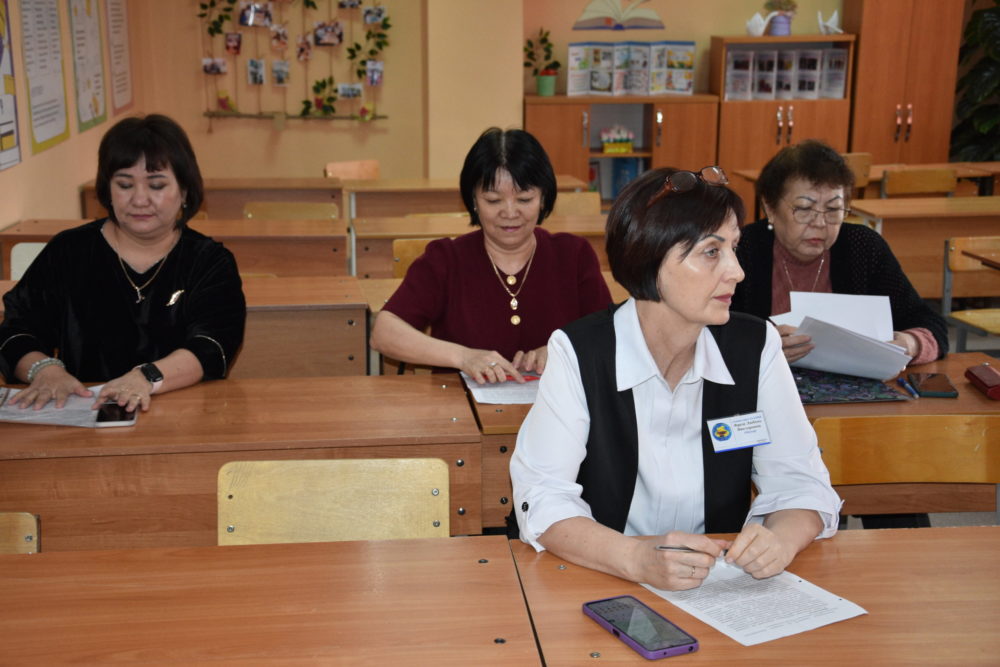
The meeting opened with a welcoming speech by Abdrakhmanova A.S., PhD, Associate Professor, Head of the Department of Pedagogy, who emphasized the importance of collaboration between teachers and practitioners for the creation and implementation of new educational technologies. She noted that the successful training of future teachers depends on the close relationship between theory and practice, and that the Academy is committed to continuous improvement of its program.
Then the floor was taken by R.J. Shaltayeva, PhD, Associate Professor of the Department of Pedagogy, who discussed the need to adjust academic disciplines within the framework of the program. She suggested updating the course content by adding new modules to help students be prepared for the challenges of modern education. Among the proposals is increased attention to digital technologies and developmental psychology of preschool children. These changes, in her opinion, will help prepare students to work in a rapidly changing educational landscape.

Zhanysbaeva R.M., PhD, senior lecturer at the Department of Pedagogy, added that it is important to take into account modern approaches and introduce the latest teaching methods, including the use of information technology in the educational process. “Our students should be prepared for real—world practice, where digital literacy and innovative approaches become essential skills,” she said. In addition, R.M. Zhanysbaeva proposed to develop new directions that would reflect the modern needs of children and teachers.
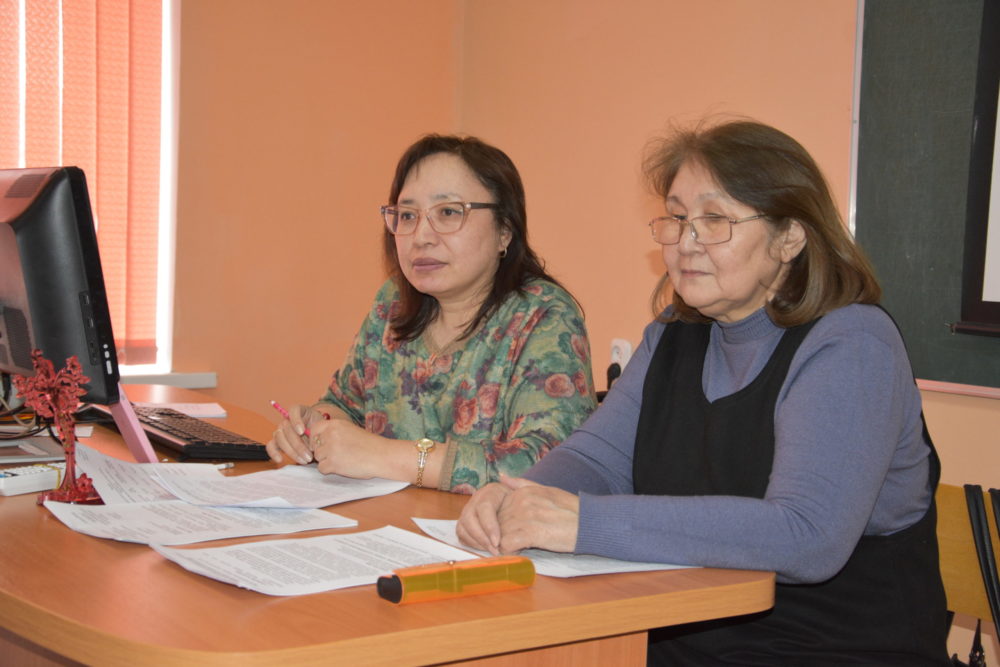
The meeting also discussed the importance of feedback between kindergartens and universities. Begaidarova A.A.– director of the Aigolek Nursery School in Karaganda, suggested strengthening cooperation with preschool educational institutions so that students could get quality practice and learn how the learning process in kindergartens is actually organized. This would allow them to better prepare for their future professional activities and establish effective cooperation with real employers.
Another important topic was the discussion of changes in the regulatory framework of preschool education. Bapakhova R.J.– a methodologist at the KGKP Kindergarten “Zhuldyz” in Karaganda, stressed that legislative changes require universities to respond promptly. It is necessary to revise the curricula in accordance with the new requirements so that future teachers are ready to work under the new standards.
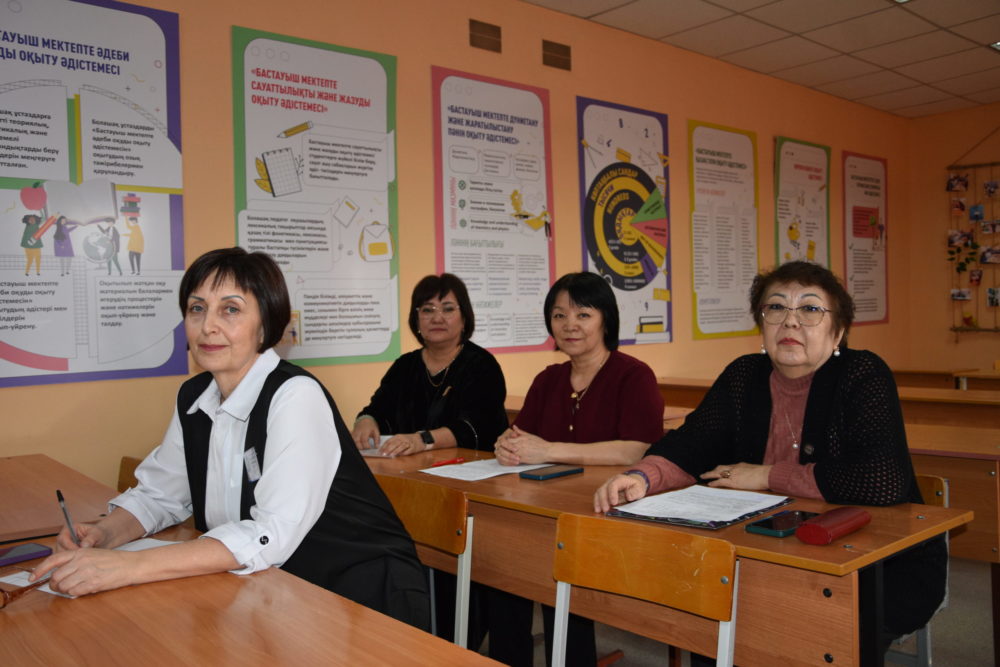
Special attention was paid to the topic of the introduction of information technology in the educational process. I.F. Oberderfer– Director of the Saltanat KGKP, Shakhtinsk, suggested actively including courses on digital literacy and the use of modern technologies in working with children. He is confident that this will increase the level of students’ education and prepare them for the current demands of the labor market.
The issue of the variability of methods of working with children was also raised at the meeting. Gabaidullina Yu.A., director of the KGKP “Botagoz”, Shakhtinsk, stressed that it is important not only to diversify teaching methods, but also to take into account the individual characteristics of each child. This will help teachers to work effectively with children and develop their potential by applying the most appropriate and effective approaches.
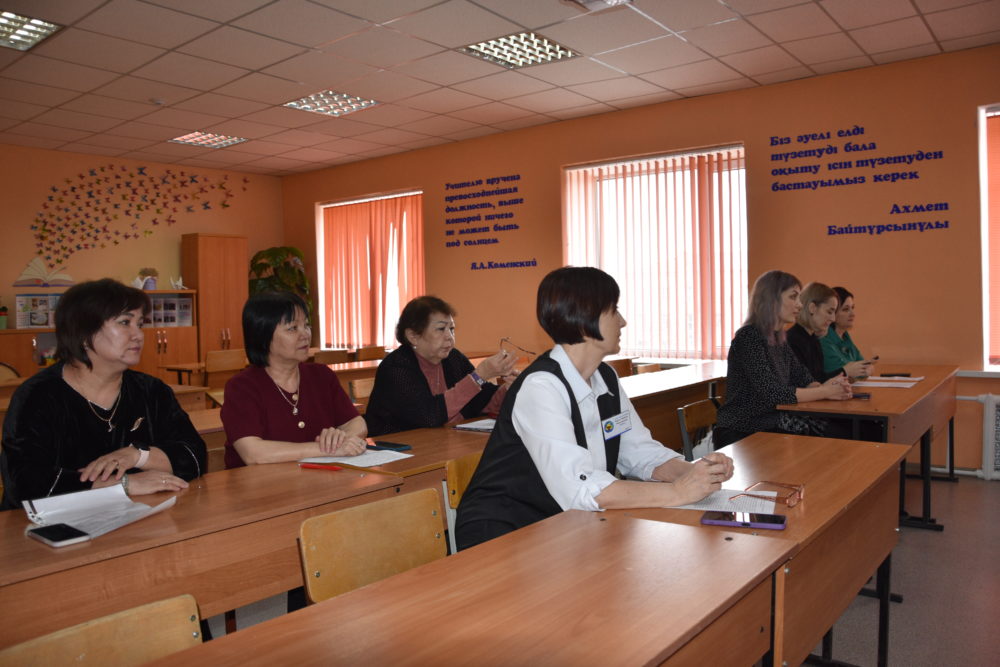
Inclusive education was also not overlooked. Zurdeeva M.S., a student of the Dd-23-1k group, shared her experience working with children with special educational needs. She suggested concrete steps to improve work with such children, emphasizing the importance of implementing inclusive practices and ensuring equal opportunities for all children.
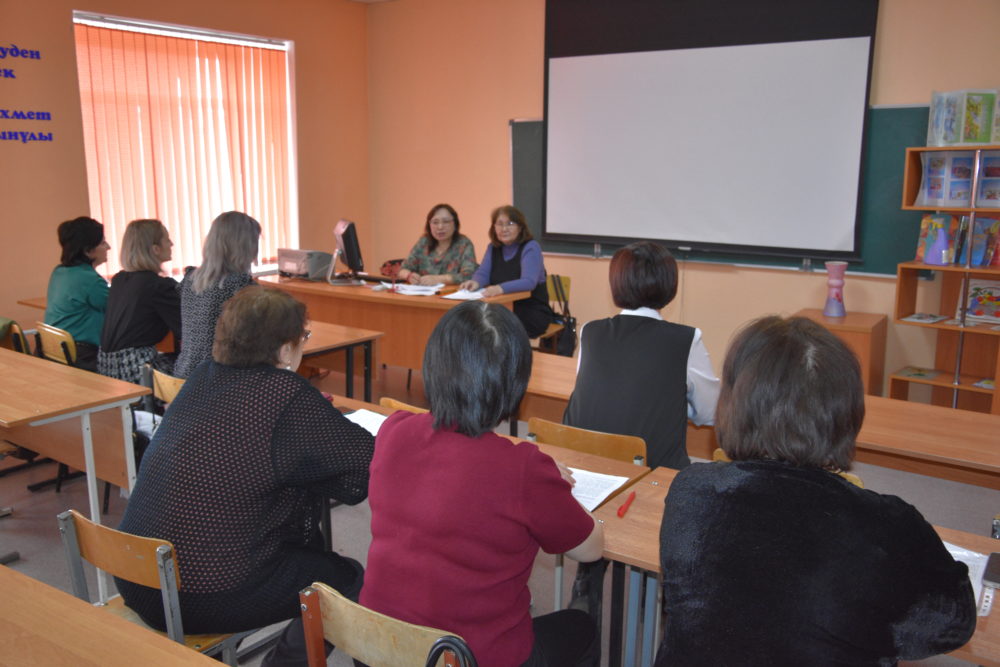
At the end of the meeting, a number of important decisions were made. First of all, it was decided to continue working on the introduction of new disciplines and educational technologies into the program. The next step will be to analyze the effectiveness of the implemented changes, with a report at the next meeting. It was also decided to strengthen cooperation with employers and expand practices for students by increasing the number of partnerships with preschool educational institutions. An important point was the inclusion of new research on changes in the legislation of preschool education to update the content of the program.
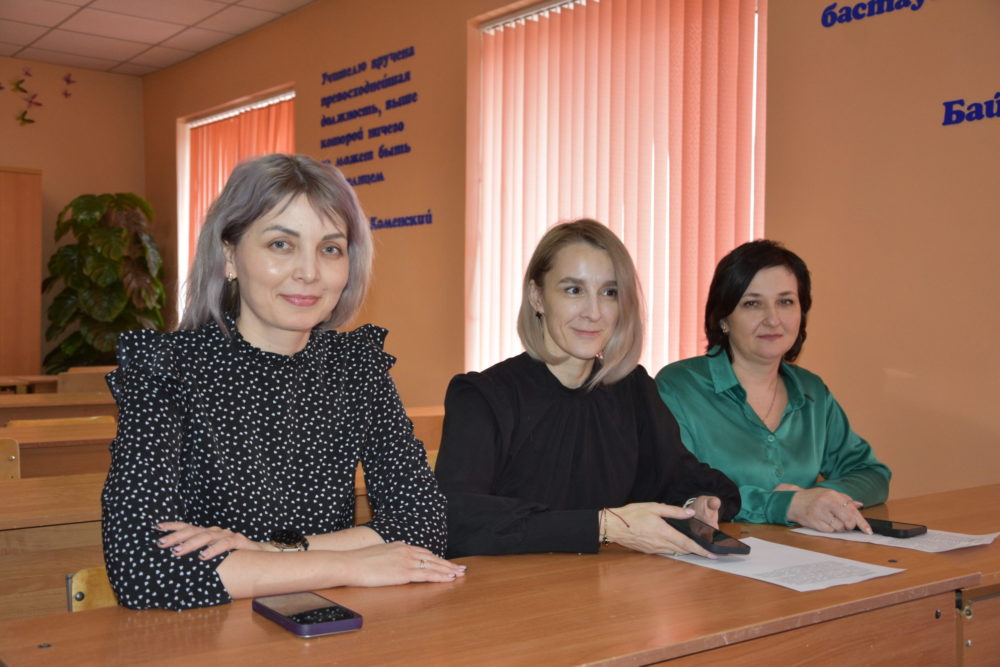
The meeting became an important stage in the development of the 6B01201 Preschool Education and Upbringing program, and in the future its participants will continue to work on improving the quality of education for future preschool teachers.
Abdrakhmanov, Ph.D., Associate Professor, Head of the Department of Pedagogy

